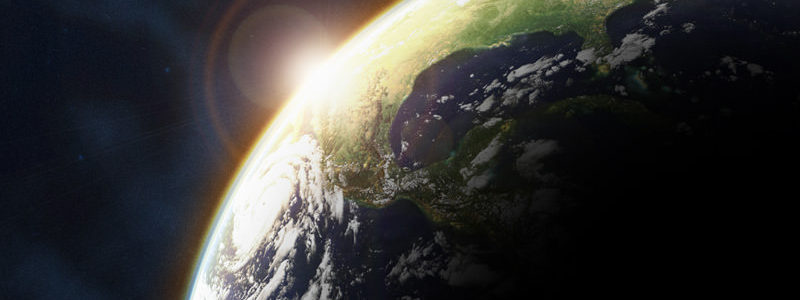
Closed-Loop and Limitless
We live in a closed environment. A biosphere that is, though VERY large and complex, limited. Yet I feel that one of the reasons we are struggling with a shift to sustainable closed-loop practices is the existing mind-set of limited supply.
How can these two things be simultaneously true? How can I argue for a core principle of limitless supply at the same time I am clearly expressing my understanding that we are in a closed loop system that has limits?
I’ve been struggling with that, myself.
The key lies in the way we access our limited supplies and in understanding that though resources are limited, less “material” aspects are limitless.
The less “material” aspects:
- If your rights are recognized and supported, this in no way diminishes my rights. So many people have trouble with this idea.
- If I express my opinion, this in no way reduces your ability to express yours. Be careful, though, to recognize the imperative difference between fact and opinion.
- I want to also point out that respect is unlimited, and by showing respect we can actually increase its supply.
- “Black Lives Matter” does not mean other lives matter less. Maybe we need to internally add a “too” to the end of that rallying cry, just to help us shift our comprehension.
- Just because someone is healthy does not mean you will, as a result, be less healthy. Everyone can be healthy.
- One person’s safety does not mean that others nearby are unsafe. Qualifier – Safety can, of course, be done poorly, e.g. if one person feels safe in owning a gun yet they don’t know how to use it or store it properly. The potential for safety is what remains unlimited.
Material items:
- Energy – yes, incredibly limited when speaking of fossil fuels and the use of the them in generative heat and electricity.
- Renewable Energy – solar, wind and water as well as geothermal approaches and future as yet unknown possibilities of RE are also limited cycle systems, but limited at such as large and repeating scale that I don’t believe we, as a world, could ever reach the limit.
- Water – exceptionally limited, though we are just starting to comprehend this in the USA. We waste water foolishly with every toilet flush, and with each product we ship in final diluted state, and with every single bottle of water that we sell outside its aquifer of origin.
- Building Materials – yes, limited, especially when mining virgin metals and clear-cutting forests with no management.
- Soil Quality – limited. And we continue to take nutrients out and then put them “back in” foolishly, damaging related closed systems such as our water system.
For the non-materials elements, it is easy to see how a change in understanding can help us as a society, or as many societies. “All you need is love” and love is unlimited. Human rights for all humans is an admirable and achievable goal, as well as is comparable rights for all species. This achievement in no way limits rights for anyone, but maximizes rights for all…there is no limit in sight. Respect, access, health and education can all be maximized limitlessly.
For materials items, we need to grow our comprehension and interdependent approaches to these resources. We must begin to understand the closed cycles that Mother Earth has created or at least the principles of those cycles, so we can start to align better. It is not her role to change these cycles for our benefit. It is certainly our role to learn to live within them. Each step toward less waste and less destruction, typically created by application of poisons and other inclusions that degrade the quality of the material, means we move toward existing with exceptional comfort, freedom, and joy within that closed loop. If we get there, the result means unlimited resources because we can cycle them through use and reuse repeatedly without harm to the overall system. That is the goal of sustainability.
There are also some systems that are materials systems and, if created in a cleaner way, with alignment with nature’s principles, can increase benefits. Access to healthy food and collaborative or community transit can mean an increase in supply of healthy food and transit options. Just like access to education will increase interest in and access to education. Just like economic diversity (aligning with nature’s tendencies for diversity) will keep communities resilient and growing. Ever changing, certainly, yet existing in a limitless way within the closed system that is our planet.
Whether we recognize it or not, we live within the systems of this world. We must seek to understand them so that we can live fully, in a limitless way, with great benefits to us and true stewardship of those limited systems.
Think, and become greener,
Jodi
1 Like this post (no login required)
